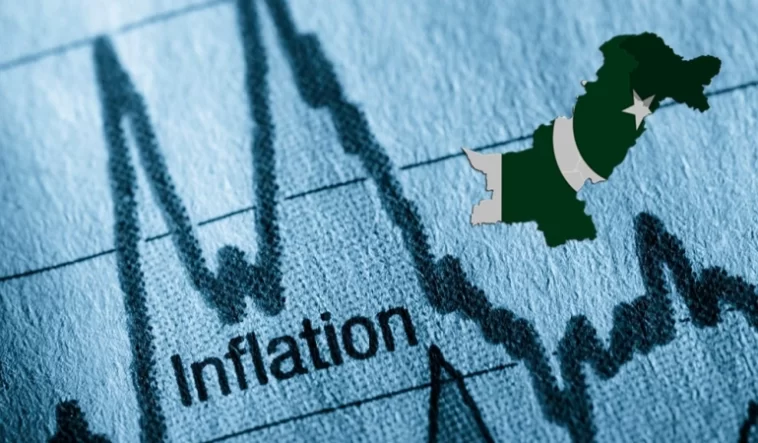According to the survey, rising costs for both wheat and onions are the main variables influencing the level of prices generally. After taking into account the currency devaluation, the declining trend in international commodity prices will eventually be reflected in domestic pricing with certain lags. While the government maintained the administered prices at their current level to stabilise overall prices, the ongoing shortage of critical crops following the floods is making inflation difficult to control.
In order to reduce inflationary pressure, the State Bank of Pakistan is also implementing a contractionary monetary policy. However, supply-side factors account for a bigger proportion of the volatility in the present price level. Additionally, the recent political and economic uncertainty are raising expectations for inflation, according to the report.
Financial Activity
According to the report, economic growth has slowed since the start of the current fiscal year (FY23). According to the report, Pakistan’s economic growth was adversely impacted by the slowdown in global economy, particularly in the major export markets, as well as the tight monetary policy adopted by central banks (17 percent policy rate in January 2023) and low export growth.
Deficit in Current Accounts
In December, there was a small decline in the current account balance. A rise in primary income payments and a decline in remittances were the main causes of this. These payments are anticipated to revert to normal levels in January. According to the analysis, the current account deficit may decrease in January and stabilise throughout the second half of FY23, which would go hand in hand with the anticipated improvement in the trade balance brought on by sensible government actions.
Revenue from Taxes
Despite significant import compression, according to the research. The Federal Board of Revenue (FBR) reported a shortage of Rs. 217 billion in the first half of the current fiscal year despite an increase in tax collection of more than 17%. The current state of the domestic and international economies makes it challenging for FBR to fulfil the full-year goal.
Challenges
According to the research, Pakistan is now dealing with issues such as high inflation, weak growth, and low levels of official foreign exchange reserves. Further mean-reverting commodity prices and some currency rate stability due to a slower rate of depreciation may offset further month-over-month (MoM) increases in consumer prices.
A return to low and stable inflation is still possible given the continued rise of the money supply overall. However, the outlook for M2 is mostly based on the fiscal accounts, which are under extreme stress as a result of high interest payments and spending on repairs.


